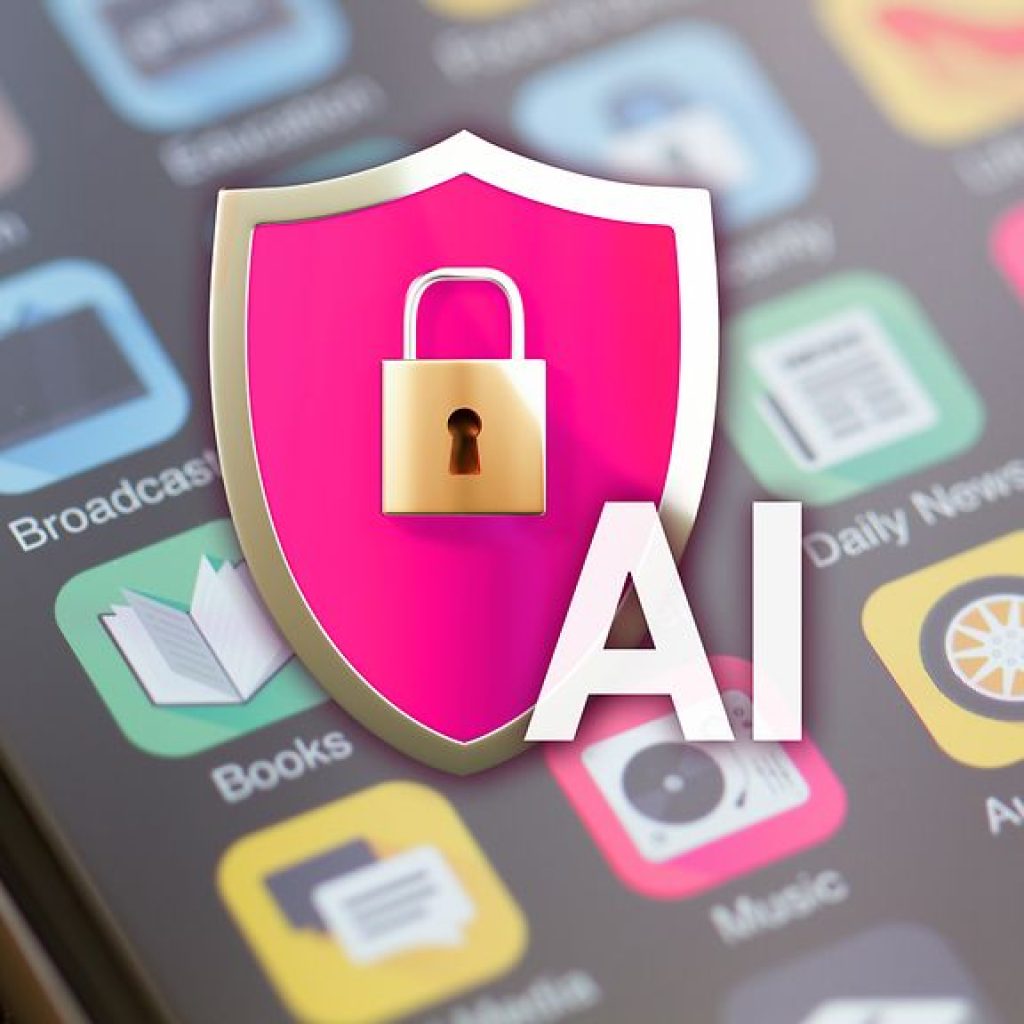The buzz surrounding ChatGPT, the AI-powered chatbot developed by OpenAI renowned for its prowess in producing eloquent prose and functional code, is palpable in the tech realm. However, a looming predicament arises as malicious cyber attackers leverage similar generative AI tools like ChatGPT to concoct persuasive narratives and deploy operational code. An issue that has cast a shadow over the promising potential of these innovations.
Malicious exploits emerge
A fundamental concern emerges in the form of malicious actors infiltrating cyberspace. The proficiency of these AI tools empowers perpetrators with the capacity to draft impeccable English messages, raising the stakes in cyber warfare. Unlike the past, where shoddily articulated emails raised suspicion, the rise of ChatGPT has enabled cyber attackers, even those with limited English capabilities, to curate convincing communication in flawless English.
OpenAI, the architect behind ChatGPT, incorporated initial safeguards to avert misuse. However, these barriers have proven to be mere roadblocks for determined malicious actors, particularly in social engineering. The simplicity of requesting ChatGPT to compose a deceptive email and then attaching malicious links or directives demonstrates the ease with which attackers can subvert these tools for nefarious purposes.
AI’s subtle role in expanding threats
ChatGPT’s default “tone,” bland yet impeccable in grammar and punctuation, mirrors the demeanor of numerous customer-facing corporate correspondences. Nevertheless, the adverse implications extend beyond overt manipulations. The advent of generative AI tools offers an array of subtler and unexpected methods for malevolent actors to exploit.
Research from Checkpoint indicates the dark web has become a breeding ground for discussions centered on exploiting ChatGPT for potent social engineering assaults. Notably, criminals in unsupported regions are surmounting access restrictions to experiment with novel approaches. The tool’s unique ability to generate diverse messages evades spam filters attuned to identifying repeated content, a trait advantageous for orchestrating phishing campaigns.
Darktrace, a Cambridge-based cybersecurity firm, underscores the insidious evolution of AI-based social engineering attacks. The intricacy, length, and punctuation of malicious phishing emails have grown exponentially, adding sophistication to deception.
Targeted deceptions
While ChatGPT primarily conjures notions of written communication, AI tools like those developed by ElevenLabs can replicate spoken words with authoritative precision, paving the way for voice-based impersonation. The implications are dire; the voice on the other end of the line might not belong to who it claims.
The proficiency of ChatGPT extends beyond crafting emails to counterfeit cover letters and resumes on a mass scale. These fabricated credentials can be deployed in scams that exploit job-seeking individuals.
One prevailing scam involves counterfeit ChatGPT tools. Attackers capitalize on these innovations’ excitement, erecting sham websites masquerading as legitimate chatbots based on OpenAI’s models. These fraudulent platforms, in reality, aim to steal finances and personal data.
Adapting to the age of AI-enabled attacks
Navigating this landscape requires a multifaceted approach:
- The inclusion of AI-generated content in phishing drills familiarizes users with the evolving tactics.
- Augmenting cybersecurity training with generative AI awareness can mitigate vulnerabilities.
- Counteracting AI-fueled threats with AI-driven cybersecurity tools bolsters threat detection.
- Utilizing ChatGPT-based mechanisms to spot AI-generated emails holds promise.
- Rigorous verification of communication sources is paramount.
- Continuous industry engagement and vigilant information consumption help stay ahead of emerging scams.
- Embracing the zero-trust paradigm offers a robust safeguard against emerging threats.
The rise of ChatGPT signifies the inception of a transformative era, complicating cybersecurity landscapes. As we journey through the year, many akin chatbots may emerge, further entangling the dynamics. In this intricate milieu, the remedy rests in fortified tools, widespread education, and a holistic approach to cybersecurity.
In the face of this challenge, the industry must come together to ensure the potential of AI-driven advancements isn’t eclipsed by the shadows of exploitation.




